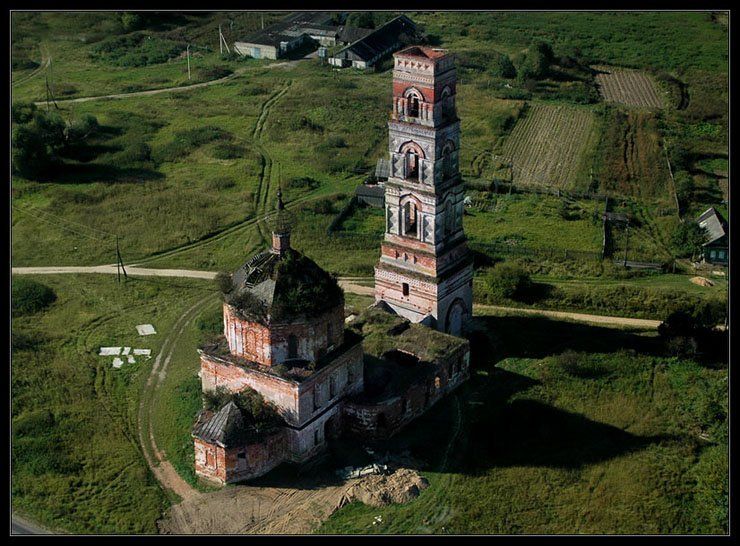|
|
Bird's-eye View Of Russia
|
The Russian physics school began with Lomonosov who proposed the law of conservation of matter preceding the energy conservation law. Russian discoveries and inventions in physics include the electric arc, electrodynamical Lenz's law, space groups of crystals, photoelectric cell, Cherenkov radiation, electron paramagnetic resonance, heterotransistors and 3D holography. Lasers and masers were co-invented by Nikolai Basov and Alexander Prokhorov, while the idea of tokamak for controlled nuclear fusion was introduced by Igor Tamm, Andrei Sakharov and Lev Artsimovich, leading eventually the modern international ITER project, where Russia is a party.
Since the time of Nikolay Lobachevsky (a Copernicus of Geometry who pioneered the non-Euclidean geometry) and a prominent tutor Pafnuty Chebyshev, the Russian mathematical school became one of the most influential in the world. Chebyshev's students included Aleksandr Lyapunov, who founded the modern stability theory, and Andrey Markov who invented the Markov chains. In the 20th century Soviet mathematicians, such as Andrey Kolmogorov, Israel Gelfand and Sergey Sobolev, made major contributions to various areas of mathematics. Nine Soviet/Russian mathematicians were awarded with Fields Medal, a most prestigious award in mathematics. Recently Grigori Perelman was offered the first ever Clay Millennium Prize Problems Award for his final proof of the Poincaré conjecture in 2002.
Russian chemist Dmitry Mendeleev invented the Periodic table, the main framework of modern chemistry. Aleksandr Butlerov was one of the creators of the theory of chemical structure, playing a central role in organic chemistry. Russian biologists include Dmitry Ivanovsky who discovered viruses, Ivan Pavlov who was the first to experiment with the classical conditioning, and Ilya Mechnikov who was a pioneer researcher of the immune system and probiotics.
Many Russian scientists and inventors were émigrés, like Igor Sikorsky, who built the first airliners and modern-type helicopters; Vladimir Zworykin, often called the father of TV; chemist Ilya Prigogine, noted for his work on dissipative structures and complex systems; Nobel Prize-winning economists Simon Kuznets and Wassily Leontief; physicist Georgiy Gamov (an author of the Big Bang theory) and social scientist Pitirim Sorokin. Many foreigners worked in Russia for a long time, like Leonard Euler and Alfred Nobel.
|
|









